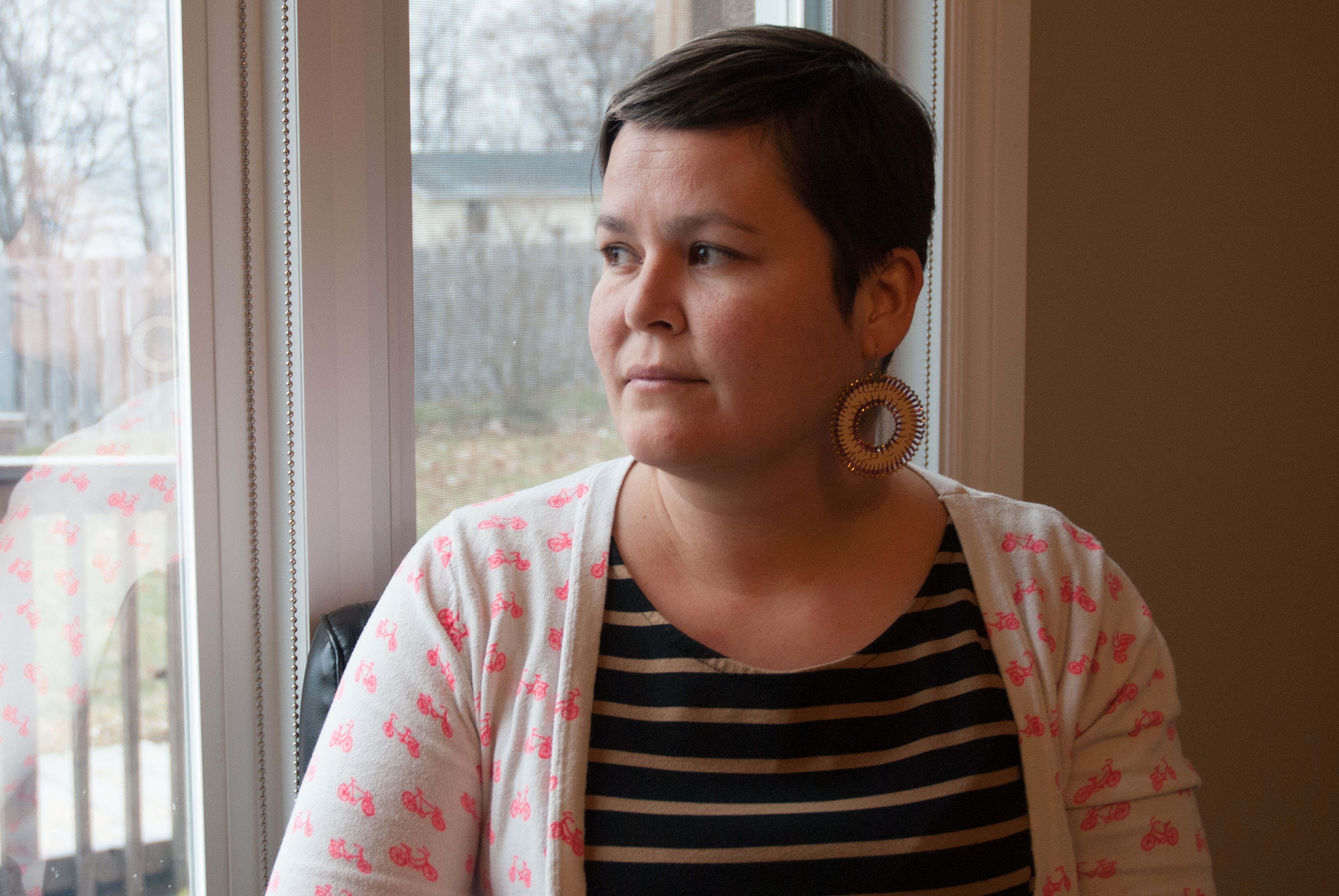The MMIW pre-Inquiry parallels sad anniversary on Nipissing First Nation
Nipissing First Nation – On April 9, it will be ten years since Nipissing First Nation was shocked by the double murder of Bonnie and Roméo Laforge and the kidnapping of Pierrette Laforge followed by a 17-hr stand-off between her estranged husband and police.
The Laforge’s were shot dead by Bonnie’s brother-in-law. Her sister Pierrette was trying to leave her marriage.
One of the three children of Bonnie and Roméo, Vicky Laforge addressed a federal symposium of National Victims of Crime in 2009 stating that the deaths of her parents were traumatic to the entire reserve with everyone knowing each other.
Laforge did send an email offering to be part of the consultation phase of the Murdered and Missing Indigenous Women inquiry (MMIW) but ended up withdrawing with a work conflict. “I really feel my experiences could help others that have had to deal with horrific trauma in their lives.”
Laforge is currently working as a violence and abuse prevention manager for an Inuit organization. “With my position in Ottawa, I have been taking part in the planning of the upcoming roundtable. I wish I could do more to help.”
Laforge does have suggestions for the inquiry in terms of law and order after a violent criminal act. She feels processes need to take place quickly and respectfully for family members. Re-traumatizing family members can happen at every step says Laforge. “Court is the most stressful part of this entire process. The support was minimal.”
Laforge felt that the Criminal Injuries Compensation Board re-traumatized her and her siblings, Anthony and Laurie, as they were forced to rehash their feelings. “It was terrifying.”
As the federal government moves through the pre-inquiry stage, Amanda Bellefeuille of the Objibway Women’s Lodge has reservations. Bellefeuille is a front line worker and a member of Nipissing First Nation. Bellefeuille says she has seen the previous government make promises that weren’t kept. She is calling for real effort to find out the causes behind the violence and why perpetrators are committing murder. “
Bellefeuille points to sex traffickers known to prey on youth as the area where the main focus should be to stop violence.
“They are coming up with new stats on possible sex trafficking rings. They have caught a couple of people in Sudbury so we are monitoring for sex traffickers through North Bay. The city is on the highway giving accessible to small northern towns. Youth are especially vulnerable if they are coming from a background of domestic violence or are in the child welfare system.”
“Then they can end up on the streets. When someone is nice to them they get sucked in.
“We have to stop putting the onus on the victims, the missing and murdered women and girls. There has to be more support services for women who are living a vulnerable lifestyle. We have to identify their risk factors and help them turn their lives around.”
A woman fearing danger from a partner should contact police and go to a women’s shelter which will have resources to secure and train those involved to be safe.
If the start up of the pre-inquiry of Murdered and Missing Indigenous Women has triggered you or someone you know, call 1-844-413-6649 to reach a national crisis line. This is a free, 24 hours a day, 7 days a week support to talk about it.
http://www.aadnc-aandc.gc.ca/eng/1448633299414/1448633350146



